I don’t know about you, but my bulldog dog waffles is my best friend. Dogs won’t just keep you company; they can also protect you against thieves and burglars (even my fat little bulldog tends to be protective at times.) They are often treated as part of a family that when they get sick or feel unwell, they are immediately brought to a vet.
One of the more common reasons people take their dogs to the vet is the loud, worrisome, nose-blowing our dogs might randomly start to produce. It makes you worry, and start asking questions, “Did he swallow something?”, “Can he still breathe?” or “Is he being choked?” Well, chances are, he’s reverse sneezing! This can be scary, especially if this is your first time seeing your dog blow out loud sounds from his nose. However, vets assure that the majority of these cases are harmless and not life-threatening to the dogs.
If you are concerned about your pet and would like to seek professional help click here to contact a professional vet and book an online or in-person appointment today!
Why Does My Dog Keep Blowing Air Out Of His Nose?
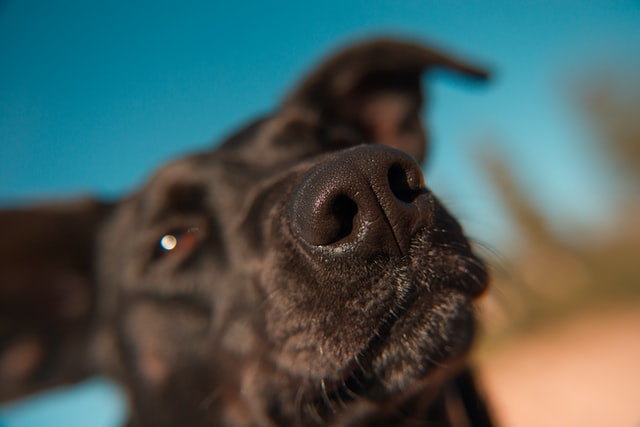
If that’s the case, then why does my dog keep blowing air out his nose? While this can worry you, blowing air out of his nose is a common, harmless respiratory condition for dogs. It might be due to the presence of irritants such as dust and particles in his nose or throat. In some cases, putting too much pressure on tight collars or leashes on his neck can also cause this event. There are instances that over-excitement can also trigger your dog to expel air out of his nose. However, in severe cases, it might be caused by an underlying health condition.
Why Do Dogs Sneeze?
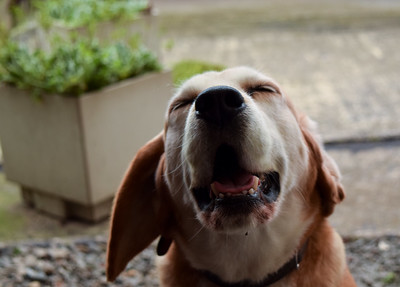
Typically, a sneeze is a healthy body mechanism that helps remove irritants from the nose and throat. Through a large volume of air from the lungs, irritants are expelled out of the airways. Just like humans, dogs have the same mechanism when faced with an irritant. Though in some cases, sneezing is used as a way of communicating, especially during play.
What Causes Reverse Sneezing in Dogs?
Just like a regular sneeze, there is no specific cause of reverse sneezing in dogs. However, it’s best to be informed about the different possibilities when this happens. Here are some of the known factors associated with this condition:
Allergies
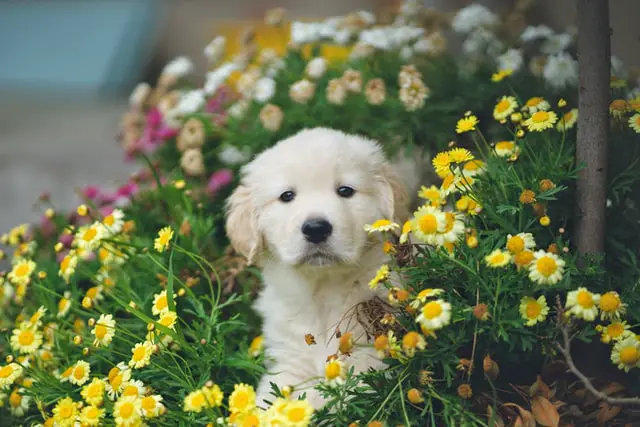
Primary irritants such as dust, household cleaners, and cigarette smoking are the most common cause of reverse sneezing in dogs. Hypersensitivity to these factors causes inflammation in their airways, and as a mechanism, the body will sneeze to expel out the irritants.
Some dogs and puppies experience reverse sneezing during springtime or winter. Pollens and microspores are present during spring and can be inhaled by the dogs. Sudden drop of temperature during winter can also cause contraction of their nasal passage, leading to reverse sneezing.
Changes in Breathing Pattern
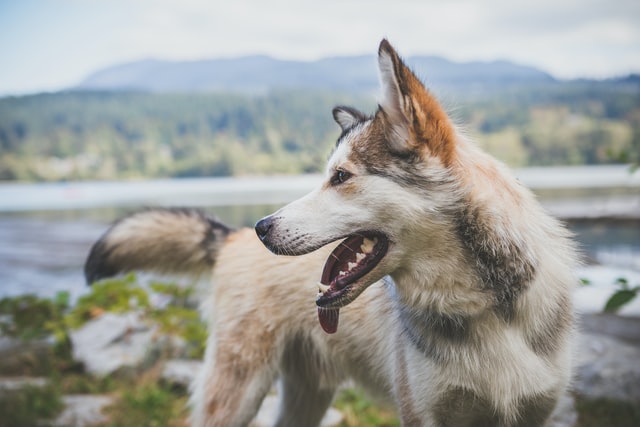
Dogs love to take a nap after playing. However, a simple nap in the afternoon can also cause reverse sneezing when their breathing pattern changes. Like a regular sneeze, there is nothing to worry about when this happens to your dog.
Pressure on the Throat and Neck
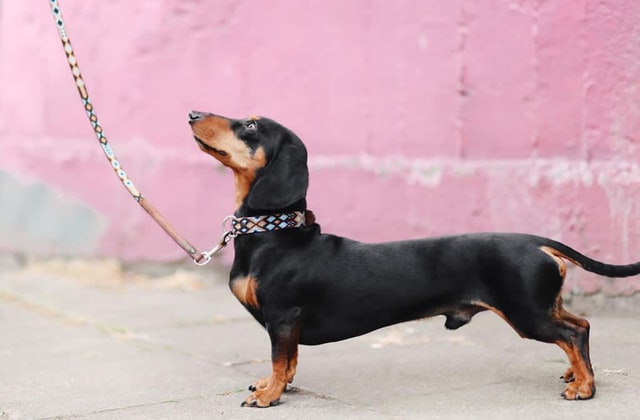
Putting a collar or ribbon on your dog’s neck can be fun and amusing; it makes them look more adorable and charming! However, too-tight collars can cause your dog to reverse sneeze. If you plan on getting a leash, then you must consider this concern when buying. Remember, straps shouldn’t be too tight to irritate their throats.
Over-excitement
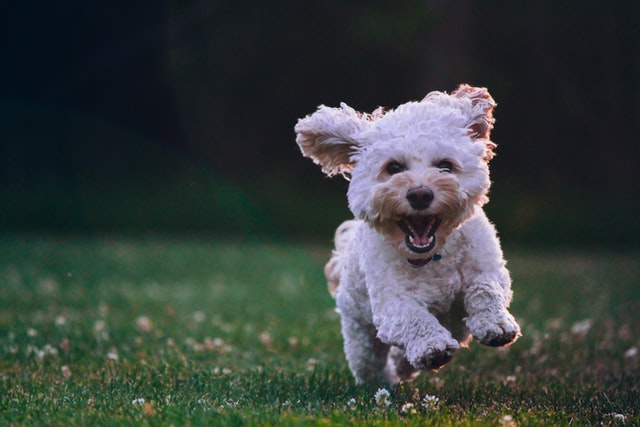
It is fun to know your dogs can get excited to see you, but this may also cause them to reverse sneeze. Over-excitement and strenuous activities will cause them to get overworked. Bulldogs and pugs are more likely to experience reverse sneezing when they get overly worked up and excited. Why? Simply because of their brachycephalic feature, or to put it simply, they are short-nosed breeds. They usually inhale with their elongated soft palate, which causes reverse sneezing.
Other Diseases and Conditions
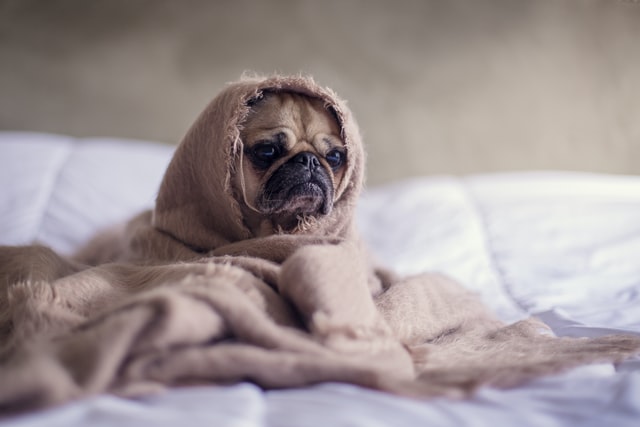
Chronic reverse sneezing may suggest an underlying cause such as Kennel cough and respiratory infection. In some cases, this is the initial sign of dental caries, tracheal collapse, and nasal tumors. The presence of nasal mites can also be identified by severe reverse sneezing. These tiny bugs living in your dog’s nasal cavity may cause non-stop sneezing, itching, and even bleeding in some cases.
Nasal obstructions, such as foreign materials, excessive tissues, and polyps, can also trigger reverse sneezing in your dogs. Therefore, it is necessary to observe the duration and severity of sneezing.
How to End a Reverse Sneezing Episode
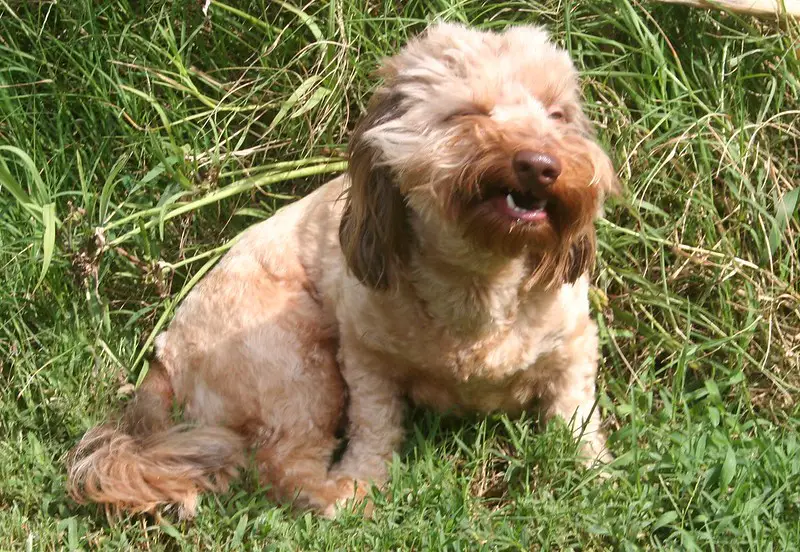
Lengthy episodes of reverse sneezing are often uncomfortable. While there is nothing to worry about, it might cause panic and anxiety, not just to you but also to your dogs. When this happens, is there anything you can do to help them?
The most important thing to do when your dog suffers from long episodes of reverse sneezing is to stay calm. If they see you start panicking, they will eventually think something is wrong with them, which may cause anxiety attacks on their end. You may try to massage their throat to ease the tension around their neck. You can also press their tongue with your fingers to open their airways. Another way to halt reverse sneezing is to cover their nostrils. This helps stop the episodes by allowing your dog to swallow, gently soothing its throat. Moreover, some vets suggest blowing lightly on your dog’s face as this will prompt them to inhale, gently removing irritants in their airways.
When Should I Go to The Vet?
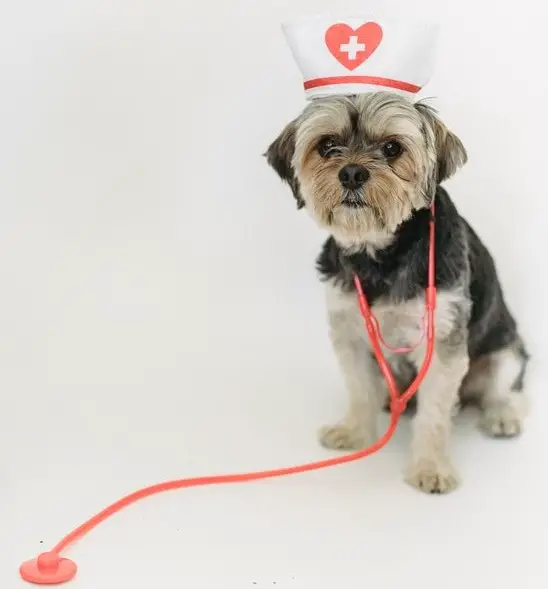
Several factors might cause reverse sneezing in your dog. While vets give assurance that this is a totally harmless condition, it is still better to observe your dog’s condition. It might suggest an underlying illness, especially if it is chronic and recurrent. Episodes that are longer and more frequent may require immediate medical attention. The presence of unusual discharge may also suggest respiratory infection. The worst-case scenario shows bloody discharge, which may indicate nasal polyps or nasal bugs.
Before going to the vet, taking an actual video of your dog’s reversed sneezing is highly recommended. It helps your vet assess and evaluate your dog’s condition, which in turn allows them to give you an effective treatment plan.
If you are concerned about your pet and would like to seek professional help click here to contact a professional vet and book an online or in-person appointment immediately!

